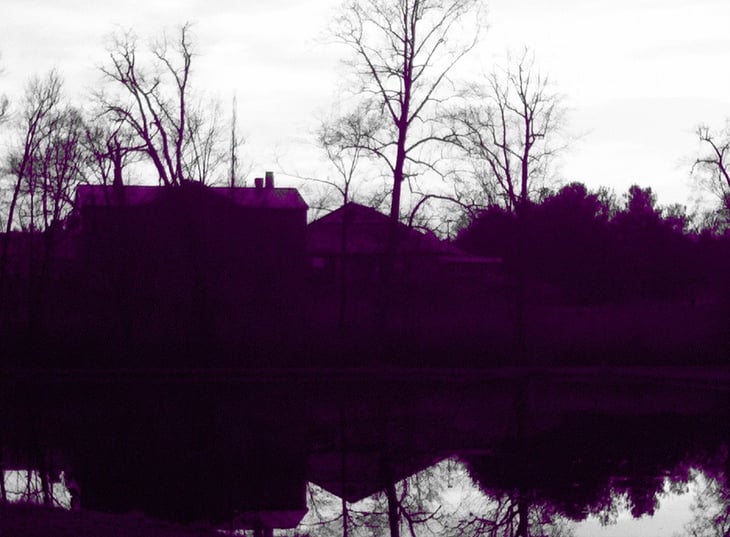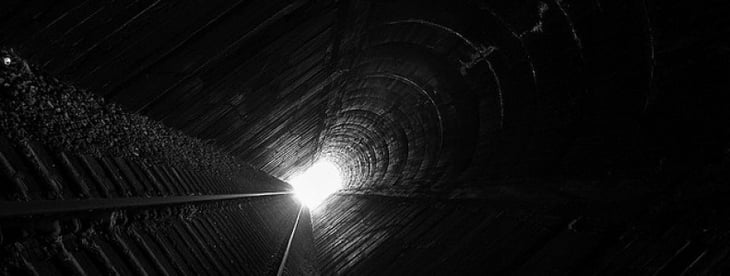December 22 is the winter solstice in the Northern Hemisphere, marking the longest night and the shortest day. Each day until the summer solstice, more and more light enters our hemisphere; our days lengthen, our nights shorten. Many of the holidays celebrated in the winter months incorporate the notion of light bringing clarity, warmth, and hope into a world of darkness. From solstice celebrations to Diwali, from Christmas to Chanukah, these holidays celebrate the triumph of light over darkness, the emergence of hope in the midst of despair.
Rachel Latta

Recent Posts

Intimate partner violence is a societal problem that we all have responsibility to end. Figuring out how we can best respond can be overwhelming. The first step is learning about intimate partner violence (IPV). In this blog, I provide basic information on the definition, prevalence, and effects of IPV. Later this month, we will hear different voices about the intersection of homelessness and IPV. The more we understand about these problems, the more we can end IPV in our communities and our society. Will you join me in the effort to end IPV?
10/16/15 08:59 AM | Rachel Latta | Trauma, Intimate Partner Violence
Read More
In the wake of the terrorist attack on the Emanuel church in Charleston, I find myself feeling overwhelmed with sadness, anger, and mostly, hopelessness about how to move forward. Perhaps my deepest concern is that nothing will change--that we will feel sadness, and then, we will move on with no societal response, and no movement toward change. As we did with Newtown. As we did with Columbine. Of course, we will not all move forward in the same way. For people of color, the reminder that even a religious building is not a safe sanctuary will have lasting and potentially devastating effects.
06/19/15 03:38 PM | Rachel Latta | Trauma, Social Justice, Race
Read More







